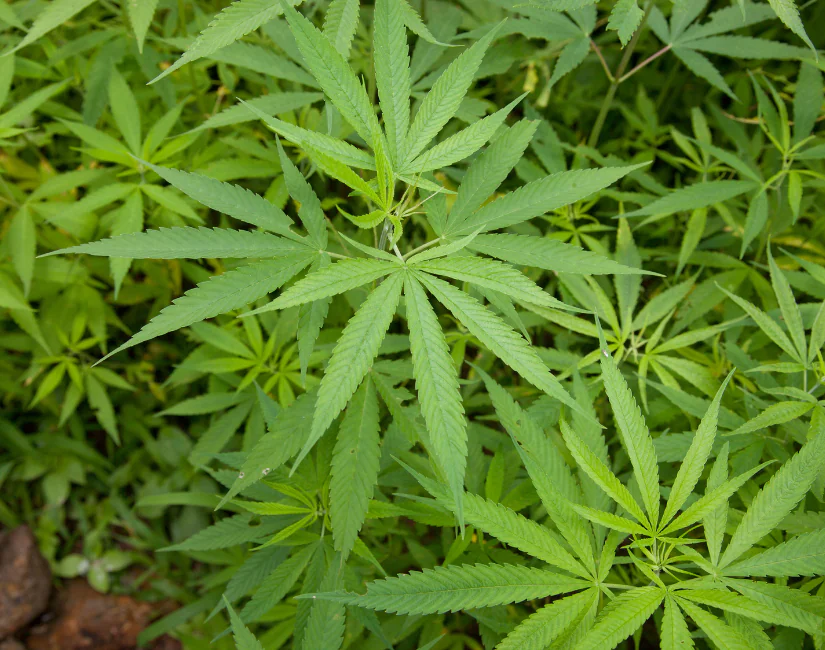Efforts to legalize both medicinal and recreational cannabis use are growing across the country. Even as laws change in response to these efforts, the full effects of legalized marijuana use are yet to be known. Among the leading concerns people have about cannabis use is how drivers are affected while under its influence. While time and data will reveal the big picture answer to this question, legislators and law enforcement agencies must address the current potential for life-threatening cannabis-related DUI (driving under the influence) situations.
Cannabis and DUI Laws
There are basically two types of DUI laws relating to cannabis use:
- Zero tolerance laws : also called per se or rebuttable presumption, which criminalizes anyone who drives with any, or exceeds a mandated amount of THC or metabolites in their blood.
- Effects-based laws : criminalize a person for driving while they are impaired, a determination which is made based on all available evidence.
Seventeen states have zero tolerance of per se laws. Critics of per se laws argue that the levels cited are arbitrary and unsupported by science. Unlike blood alcohol levels, there is no specific concentration of THC, the primary psychoactive element in marijuana, that can reliably predict if someone is impaired.
Thirty-three states have effects-based DUI laws for cannabis. Available evidence for these arrests may include video footage or witness testimony about the person’s driving ability, the results of an evaluation by a drug recognition expert, and the results of a blood test for THC.
Does Delta-8 Offer a Milder Alternative?
Delta-8 is widely promoted as a milder version of marijuana. While delta-9-THC is the most common form of THC in cannabis plants, delta-8-THC is similar in chemical structure. Research indicates that delta-8 has a slightly weaker attachment to the CB1 receptor than delta-9, which is thought to temper its effect.
Passing of the 2018 Farm Bill, which made hemp legal, gave rise to the promotion of Delta 8, as the New York Times reports,
“The Farm Bill stated that hemp could be grown legally as long as it contained less than 0.3 percent THC. But, said Kent Vrana, a professor of pharmacology at Penn State, the authors of the bill made an oversight: They defined THC specifically as delta-9-THC, which is still illegal federally. With that definition, a market for delta-8 was born.”Although there is currently a relative lack of regulation concerning delta-8, the CDC and the FDA have both issued warnings regarding delta-8 use, including adverse events reports of users experiencing “hallucinations, vomiting, tremor, anxiety, dizziness, confusion and loss of consciousness.”
Fighting the Threat of Chemically Impaired Driving
The National Alliance to Stop Impaired Driving, an organization focused on efforts to eliminate impaired driving, cites the need for better DUI detection. Proposed NASID solutions include more advanced testing resources and specialized training for officers to help them identify the signs and symptoms of drug or multiple substance impairment. They also explain the need for prosecutor training to help them understand the best ways to prosecute these complex cases.
Kustom Signals Equips Efforts to Arrest DUI Violators
As mentioned before, an effects-based approach to stopping DUI violators relies heavily on identifying and documenting dangerous driving behavior. Kustom Signals provides tools to help identify drivers exhibiting signs of driving while intoxicated. Handheld LIDAR LaserCam 4 and ProLaser 4 can help your fleet capture these behaviors live and on the scene, which is essential for prosecution.
The LaserCam 4 features the highest level of 36x optical zoom. Keep in mind that most competitive LIDAR cameras do not even have optical zoom. This is a huge benefit for video capture of registration plates and fine details like the make and model of a vehicle.
LaserCam 4 helps capture video evidence of erratic driving and other traffic violations. This technology not only sees into cars, but also has a long range yoke to extend the range even further. Polarizing filters improves visibility through windshields.
ProLaser 4, along with the LaserCam 4, features optional accessories. These include an IR torch for night vision and camera recordings, as well as a variety of long-range optical lenses. By adding accessories to your LIDAR camera, you increase its usability in the field. In addition to helping with speed enforcement, the ProLaser 4 has a Following Too Close feature that will allow officers to determine when a driver is failing to keep a safe distance from another vehicle.
As more states recognize the dangers of and enact laws against driving while impaired, Kustom Signals provides the tools law agencies require for enforcement. Contact us to learn more about how Kustom Signals can assist your agency.

